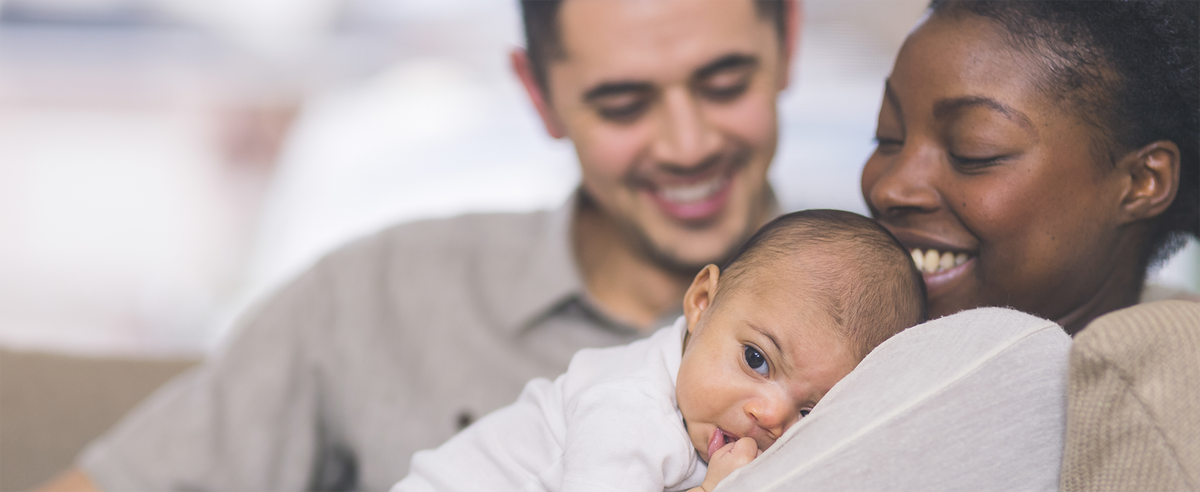It’s been one year since most of the United States entered its initial COVID-19 lockdowns — shuttering businesses and forcing school-aged children to learn from home. A Yahoo News/YouGov poll shows the long-term impact of COVID-19 on the mental health of women, and the disproportionate impact it has had on mothers of children under 18.
Mothers have felt a notable rise in anxiety, an increase in depression or sadness, and a worsening of their overall mental health. There is a clear distinction between the self-reported mental health impact on mothers compared to women overall.
Most fathers to children under 18 describe their mental health as unchanged, and while their anxiety levels are up, it is no more so than Americans overall (although men are known to be less likely to admit to struggling with their mental health than women).
Mothers are more likely than fathers to acknowledge a negative mental health impact
Half of mothers to children under 18 (52%) say their mental health has gotten worse since the COVID-19 pandemic began. Mothers stand out in this category because just three in 10 fathers (30%) describe their mental health as having declined since the pandemic’s origin, a rate 22-points lower.
A majority of fathers (55%) describe their mental health as “the same” as it was prior to the pandemic, 19-points higher than the percentage of mothers (36%) who responded this way. Most men overall (56%) say their mental health is unchanged, compared to half of women overall (50%).
Just one in 14 Americans overall (7%) say that their mental health has improved during the last year. Fathers (12%) and mothers (8%) are similarly likely to say that their mental health has gotten better.
The anxiety levels of mothers have increased more than fathers
Two-thirds of mothers (64%) say their anxiety levels have increased during the pandemic, 17-points higher than the percentage of fathers (47%). About two in five fathers (43%) say that their anxiety is unchanged since the pandemic began, compared to 29% of mothers.
About half of women overall (52%) say that their anxiety levels have increased, compared to 43% of men overall. About half of Americans overall (48%) say their anxiety levels have risen. One in 20 Americans (5%) say their anxiety has lessened.
Three in five mothers say they have felt sad or depressed more often during the pandemic
A majority of mothers (59%) say they have felt sad or depressed more frequently during the pandemic than prior to it. That is 14-points higher than the 45% of fathers who say sadness and depression have become more prevalent in their lives.
Half of women (49%) say sadness and depression has impacted them more during the pandemic, 10-points higher than men overall (39%). Two in five (44%) Americans overall say that sadness or depression has happened at a higher rate throughout the health crisis, compared to 48% who say it has not.
As the pandemic continues, mothers are much less likely than fathers to feel hopeful about a return to normal by the end of 2021. Three in five (62%) fathers are optimistic about normalcy, compared to only 43% of mothers. Women overall (44%) are 13-points less likely to say they are hopeful about the return to regular life compared to men (57%).
Most parents want additional financial support
Three-quarters of mothers (74%) and two-thirds of fathers (64%) think the government should do more for working parents. That appears to be a long-term concern though: 63% of mothers and 51% of fathers say the government did not do enough to help working parents before the pandemic hit America.
Two-thirds of mothers (67%) and fathers (65%) think the government should provide additional stimulus checks for parents beyond what Congress is considering for all middle- and working-class Americans. The existing plan offers $1,400 relief checks to most Americans, the extension of child-care tax credits for one year, and a measure to provide American families with a $3,000 tax credit per child aged 6 to 17 and a $3,600 tax credit per child under 6 years old.
See the toplines and crosstabs from this Yahoo News/YouGov poll
Related: Congress’ COVID-19 relief package is incredibly popular
Methodology: The Yahoo! News survey was conducted by YouGov using a nationally representative sample of 1,556 U.S. adults and 410 parents interviewed online between February 20 - 22, 2021. This sample was weighted according to gender, age, race, and education based on the American Community Survey, conducted by the U.S. Bureau of the Census, as well as 2020 Presidential vote (or non-vote), and voter registration status. Respondents were selected from YouGov’s opt-in panel to be representative of all U.S. adults. The margin of error for the entire sample is 2.9%
Image: Getty














